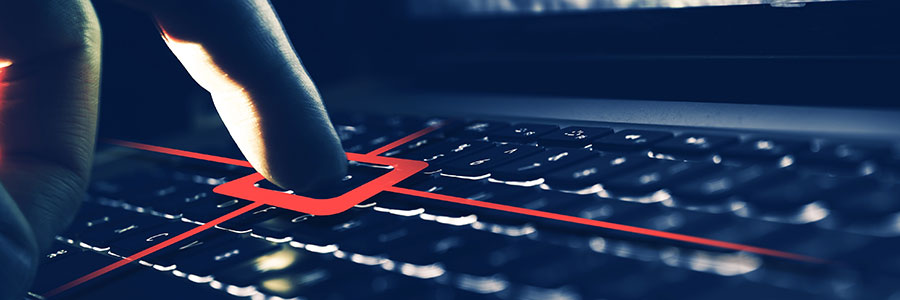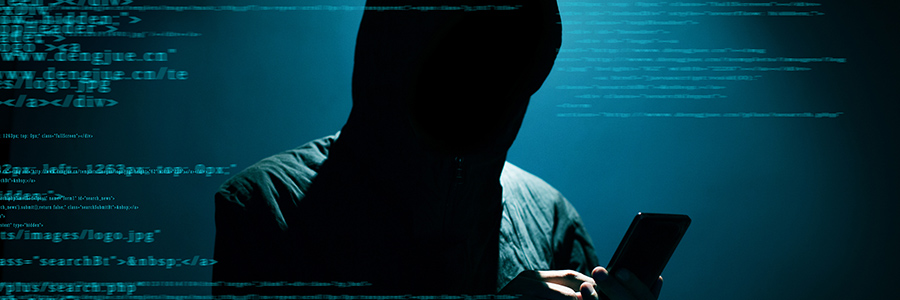As cyberattacks against small- to medium-sized businesses (SMBs) continue to grow, one sector, in particular, has seen a significant increase in attacks over the years — the healthcare sector. Not only can a cyberattack disrupt the daily operations of healthcare providers, but it can also compromise their patients as well.
How Malware can Harm Your Dental Practice

Healthcare organizations, including small- to medium-sized dental clinics, store a huge amount of patient data, which makes them a prime target for cyberattacks. One of the most successful and most threatening methods of a cyberattack is malware. Malware is software created by hackers with the intent of stealing data, damaging systems or devices, or both.
The Biggest Cybersecurity Issues of 2019

2019 showed that businesses of all sizes are not immune to cyberattacks. Hackers have developed new malware and techniques to infiltrate and steal corporate data hosted on traditional IT infrastructure, the cloud, mobile devices, and email platforms. As the year draws to a close, we look back at the most pressing cyberattacks of 2019, as well as rising cyberthreats for 2020.
Phishing attacks
Phishing remains the most widely used and most successful form of cyberattack because of its speed.
4 Ways to Maximize Cybersecurity in Your Dental Practice

You’re probably thinking, “Who would want to steal data from a dental office?”
Hackers, that’s who. In July 2018, reports revealed that data from over 150,000 National Health Service (NHS) patients was shared over a period of three years. During the same year, a targeted cyberattack on the Singapore government’s health database compromised personal data from 1.5 million patients.
Why Email Encryption is so Important for Dental Practices

Cybercriminals have many opportunities to intercept confidential data either at rest or in transit. However, if your data is encrypted, they won’t be able to make any sense of it even if they succeed in getting their hands on it.
Like any other healthcare provider, dental practices must comply with HIPAA and HITECH legislation, which requires all communications to be encrypted.


